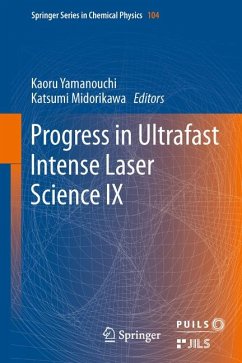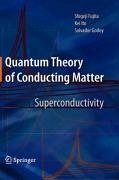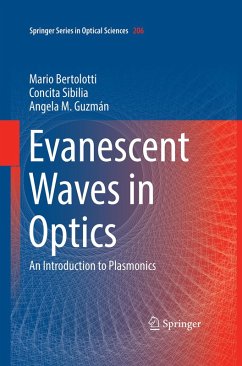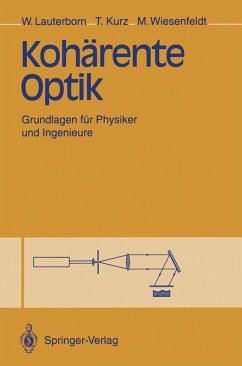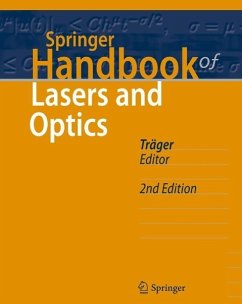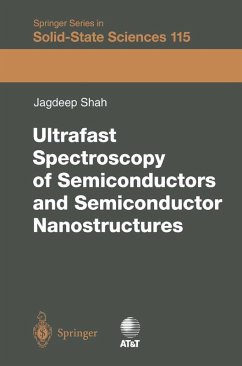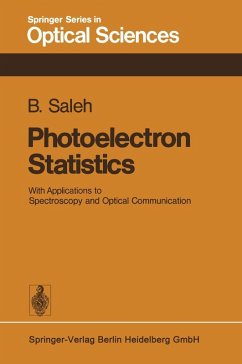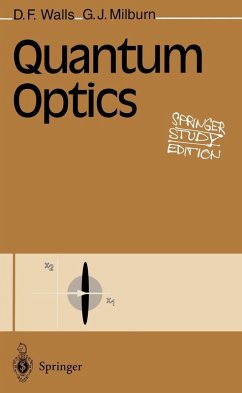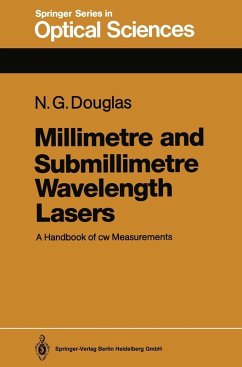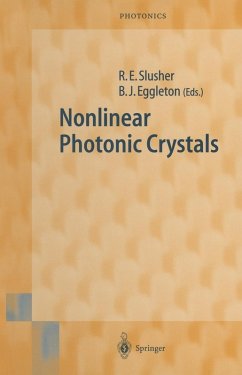
Photoelectron Spectroscopy (eBook, PDF)
Bulk and Surface Electronic Structures

PAYBACK Punkte
44 °P sammeln!
Photoelectron spectroscopy is now becoming more and more required to investigate electronic structures of various solid materials in the bulk, on surfaces as well as at buried interfaces. The energy resolution was much improved in the last decade down to 1 meV in the low photon energy region. Now this technique is available from a few eV up to 10 keV by use of lasers, electron cyclotron resonance lamps in addition to synchrotron radiation and X-ray tubes. High resolution angle resolved photoelectron spectroscopy (ARPES) is now widely applied to band mapping of materials. It attracts a wide att...
Photoelectron spectroscopy is now becoming more and more required to investigate electronic structures of various solid materials in the bulk, on surfaces as well as at buried interfaces. The energy resolution was much improved in the last decade down to 1 meV in the low photon energy region. Now this technique is available from a few eV up to 10 keV by use of lasers, electron cyclotron resonance lamps in addition to synchrotron radiation and X-ray tubes. High resolution angle resolved photoelectron spectroscopy (ARPES) is now widely applied to band mapping of materials. It attracts a wide attention from both fundamental science and material engineering. Studies of the dynamics of excited states are feasible by time of flight spectroscopy with fully utilizing the pulse structures of synchrotron radiation as well as lasers including the free electron lasers (FEL). Spin resolved studies also made dramatic progress by using higher efficiency spin detectors and two dimensional spin detectors. Polarization dependent measurements in the whole photon energy spectrum of the spectra provide useful information on the symmetry of orbitals. The book deals with the fundamental concepts and approaches for the application of this technique to materials studies. Complementary techniques such as inverse photoemission, photoelectron diffraction, photon spectroscopy including infrared and X-ray and scanning tunneling spectroscopy are presented. This book provides not only a wide scope of photoelectron spectroscopy of solids but also extends our understanding of electronic structures beyond photoelectron spectroscopy.
Dieser Download kann aus rechtlichen Gründen nur mit Rechnungsadresse in A, B, BG, CY, CZ, D, DK, EW, E, FIN, F, GR, HR, H, IRL, I, LT, L, LR, M, NL, PL, P, R, S, SLO, SK ausgeliefert werden.



